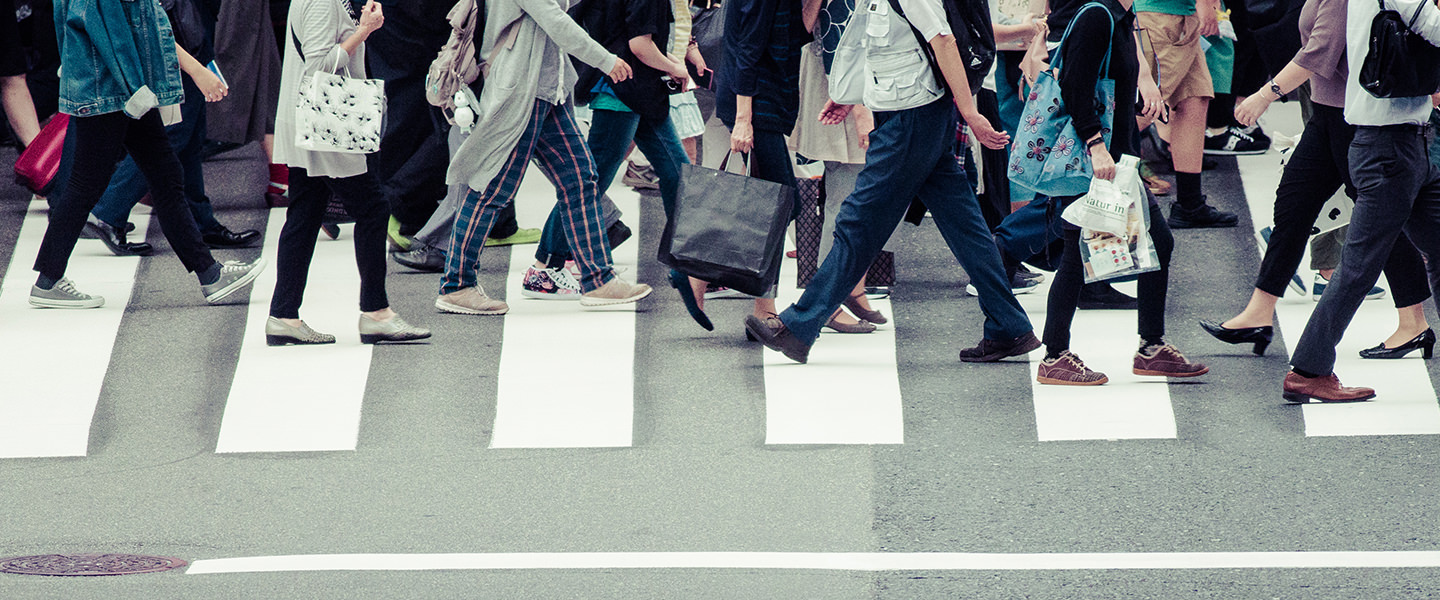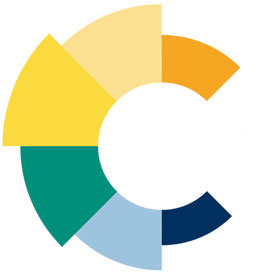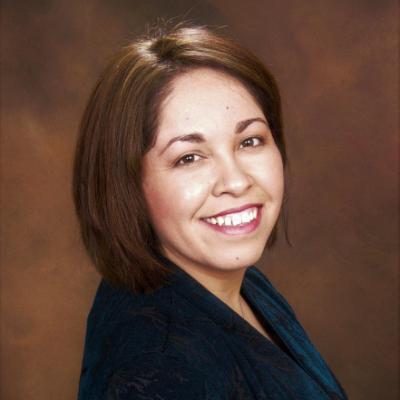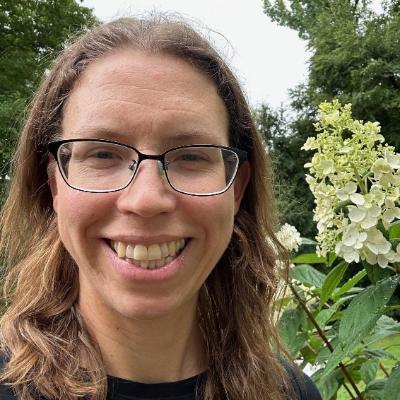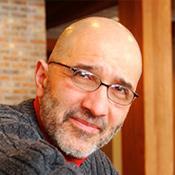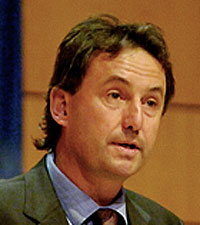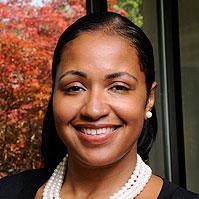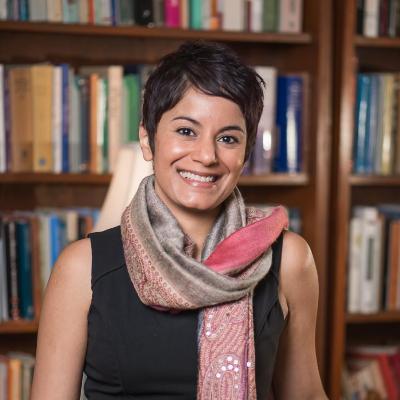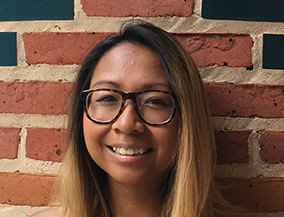Majoring in Sociology
Sociology is the study of social life, social change and the social causes and consequences of human behavior. The subject matter you study ranges from the family to social movements and revolutions, and from divisions based on race, gender and social class to the underlying and shared beliefs of a common culture. You learn to use a variety of investigative methods and analysis to better understand human behavior at the level of the individual and at the level of groups and structures. Few fields have such broad scope and relevance for research, theory and practical applications. Sociology addresses the most pressing issues of our time, and it is increasingly applied by those who make policy and create programs. It offers you broad opportunities for careers and graduate studies.
Special opportunities
As a sociology major or minor, you examine complex issues from many intellectual, ethical and intercultural perspectives. You explore a topic, issue or problem using the conceptual framework and tools of multiple disciplines. You might double major or design your own unique major, or pursue a certificate from one of the College's interdisciplinary centers.
Personalized learning
You are encouraged to take advantage of study away opportunities and to pursue research. If you have a deep interest in a given topic, you can undertake an honors study -- an in-depth, yearlong research project done in close coordination with a faculty member.
